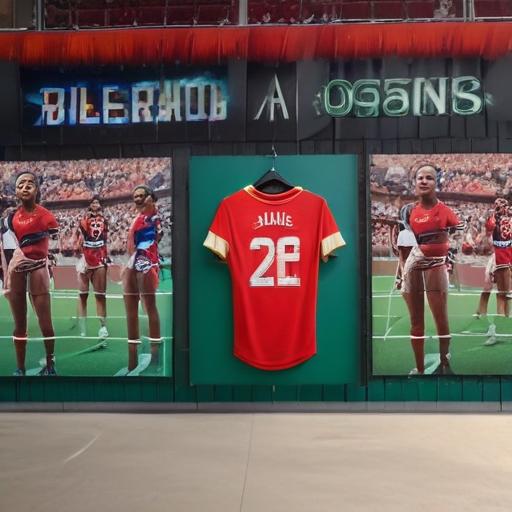Olympic gymnastics champion Simone Biles has publicly criticized former U.S. swimmer Riley Gaines for her comments regarding a transgender female softball player. Gaines, known for her controversial views on transgender athletes competing in women’s sports, recently mocked the Minnesota State High School League for removing comments from a post about the Chaplin Park girls’ team, which includes a transgender player.
In a response on X, Biles called Gaines “sick,” accusing her of being a “sore loser” due to her past experiences in competition. Gaines tied for fifth place with transgender athlete Lia Thomas at the 2022 NCAA Championships, where Thomas had been a focal point in the debate over transgender participation in sports. Later that year, World Aquatics passed a rule prohibiting transgender women from competing in women’s elite events if they had undergone any male puberty development.
Biles urged Gaines to adopt a more supportive approach towards the transgender community, suggesting the creation of a separate category for transgender athletes across all sports. Biles, a prominent advocate for mental health, has also previously highlighted the importance of inclusion and safety in sports, especially following her own experiences at the Tokyo 2020 Olympics, where she prioritized her mental health by withdrawing from several finals.
Gaines, meanwhile, expressed disappointment in Biles’ stance, arguing that the gymnast should not support transgender participation in women’s sports given her platform. This ongoing debate has led Gaines to become an outspoken advocate for banning transgender women from competing against cisgender women and girls.
The discourse surrounding transgender athletes continues to evolve, with recent rulings in the UK affirming that a woman’s definition under equalities law corresponds to biological sex, leading several sports organizations to implement bans on transgender women participation in women’s sports. This issue remains polarizing, with strong emotions and opinions on both sides as advocates continue to seek solutions that balance fairness and inclusivity in athletics.
